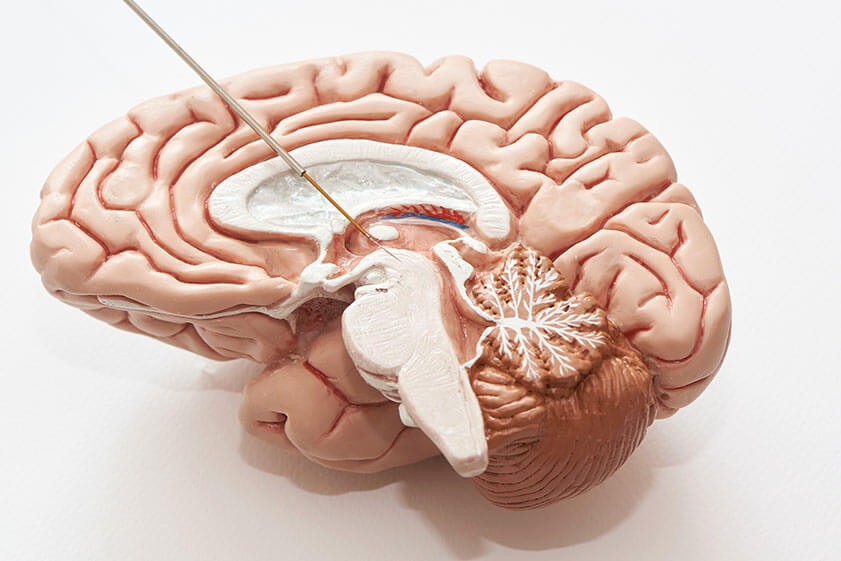Alzheimer’s disease and Parkinson’s disease are two of the most common neurodegenerative diseases globally, affecting millions of people worldwide, and their numbers continue to rise every year. Although these diseases often occur independently, recent studies have begun to shed light on what may be an unsettling connection between the two conditions. If you or someone you know suffers from either disease, it is important to understand the link between Alzheimer’s disease and Parkinson’s disease so that you can help yourself or your loved one stay informed about symptoms and treatment options that might be available to slow down or halt the progression of both diseases.
To learn more about the connection between Alzheimer’s Disease and Parkinson’s Disease, read on!
Symptoms of Parkinson’s Disease
Patients with Parkinson’s disease can experience two kinds of tremors. One kind of tremor is a resting tremor, which is present all of the time (even when you are at rest). The other kind is called a kinetic tremor, which only occurs when you are in motion. Parkinson’s disease most commonly causes resting tremors, but both kinds can be experienced as symptoms of Parkinson’s disease or related movement disorders. Both kinds of tremors may occur in your hands, but they may also appear in your feet or legs.
According to research, many people with Parkinson’s disease suffer from rigidity in their muscles. These muscles are difficult to stretch and relax, which can lead to issues such as stiff joints and back pain. Muscle stiffness can also impact your ability to perform everyday tasks like getting dressed or walking, so you should consult a doctor if you experience muscle rigidity.
For patients with Parkinson’s disease, you will notice that there are specific movements like blinking that take more effort to accomplish. They might need someone else to remind them to do these movements or even remind them that it’s time to blink.
Common Treatments for Parkinson’s Disease
Here are some of the common treatments for Parkinson’s disease:
- Parkinson’s medications: The primary medications prescribed for Parkinson’s disease are levodopa and dopamine agonists. The most effective drugs are usually started early in the disease.
- Symptomatic treatments: Parkinson’s disease symptoms are treated with medications and therapies that ease those specific symptoms. These symptomatic treatments may be taken at home or in a doctor’s office or clinic. Many people with Parkinson’s disease benefit from these types of symptomatic treatments, but they do not alter or slow down the progression of Parkinson’s disease.
- Deep brain stimulation: Deep brain stimulation, also known as DBS, is an effective Parkinson’s disease treatment that uses a technique called brain surgery to deliver electrical impulses to specific areas of a patient’s brain. For some people, deep brain stimulation can be lifesaving.
Symptoms of Alzheimer’s Disease
People with Alzheimer’s often have problems communicating. They may find it hard to express their thoughts and emotions, and they may lose their train of thought easily while speaking. In addition, they may have difficulty comprehending speech or writing.
One of the first symptoms to appear in patients is weight loss. As people with Alzheimer’s lose interest in eating, their appetites decrease, and they may begin to refuse food. As a result, many people lose weight over time.
Another symptom that you may observe is seizures, also known as epileptic seizures. Anyone can experience a seizure, but it is more common in Alzheimer’s patients.
Treatments for Alzheimer’s Disease
Here are some of the medications and drugs prescribed for Alzheimer’s patients:
- Namenda (memantine): Namenda is a drug used for Alzheimer’s disease, but it may also be helpful for Parkinson’s patients who experience dementia along with their motor control problems. Namenda works on glutamate receptors in your brain.
- Aricept (donepezil): A prescription drug used to treat moderate to severe dementia in patients with Alzheimer’s disease. It has also been used to treat Parkinson’s disease, particularly early-stage Parkinson’s, which has not responded well to other medications.
- Razadyne (galantamine): This drug is an acetylcholinesterase inhibitor, which means it slows down the degradation of acetylcholine in order to improve cognitive function.
- Exelon (rivastigmine): Used as a standalone drug or in conjunction with other Parkinson’s treatments, Exelon is used to help with both motor and non-motor symptoms. It works by increasing dopamine levels in brain tissue.







